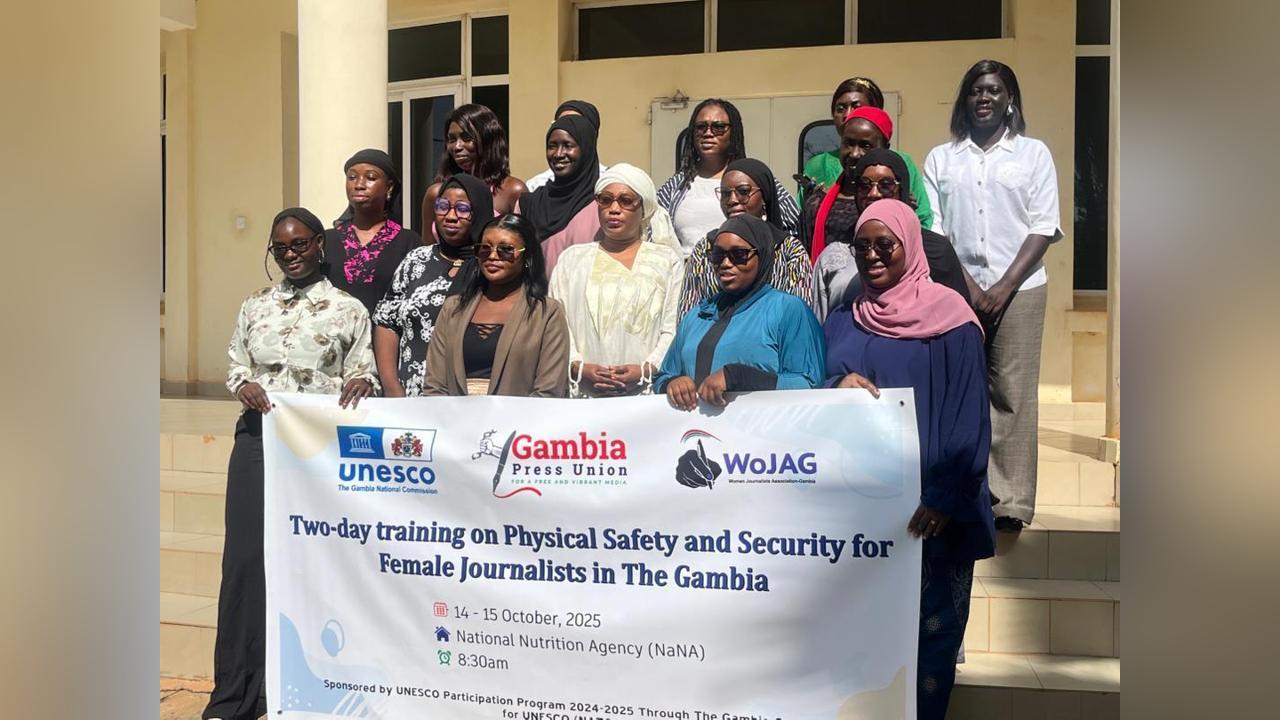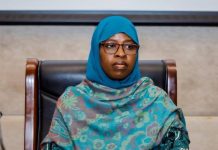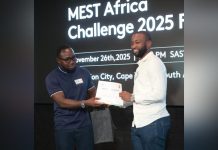Africa-Press – Gambia. Some 21 female journalists yesterday began a four-day intensive training on physical and online safety at the National Nutrition Agency (NaNA) Conference Centre in Bakau.
The training was organised by the Gambia Press Union (GPU) in collaboration with the Women Journalists Association of The Gambia (WoJAG) and supported by UNESCO.
The training aims to equip participants with the skills and tools needed to navigate hostile reporting environments, counter gender-based harassment, and strengthen digital security as part of efforts to make journalism safer and more inclusive.
In her opening statement, GPU President Isatou Keita highlighted that while journalists in general face multiple risks in their line of duty, “women journalists face additional and often overlooked dangers, including sexual harassment, gender-based discrimination, and online abuse.” She added that the GPU has, over the years, developed safety manuals, distributed protective gear, and provided training to help journalists work safely, initiatives she said were crucial during periods of political tension.
Keita explained that the project adopts “a gendered approach to journalist safety,” focusing on protecting and empowering female media professionals through practical training and institutional reforms. She thanked UNESCO for supporting the initiative, which she described as vital in promoting accountability and mutual respect in newsrooms.
WoJAG President Annet Camara said the training comes at a time when women journalists are increasingly targeted online and offline. “Women face double threats for being journalists and for being women,” she noted, citing recent cases of online abuse directed at female reporters.
She stressed that “safety is not a privilege, but a professional right,” adding that when women feel secure in their work, they can tell better stories that amplify marginalized voices and strengthen democracy.
For her part, Maimuna Sidibeh, Secretary General of the Gambia National Commission for UNESCO, reaffirmed UNESCO’s commitment to supporting the safety of journalists worldwide. She said women in the media are particularly vulnerable to online harassment, including cyber-stalking and the non-consensual sharing of images, and called for stronger national mechanisms to address these threats.
Sidibeh noted that UNESCO’s safety initiatives align with the UN Plan of Action on the Safety of Journalists, which encourages member states to establish frameworks to prevent, protect, and prosecute crimes against journalists.
The four-day training will cover modules on digital safety, hostile environment reporting, and emergency response, with the ultimate goal of ensuring that Gambian women journalists can work freely, confidently, and without fear.
For More News And Analysis About Gambia Follow Africa-Press






